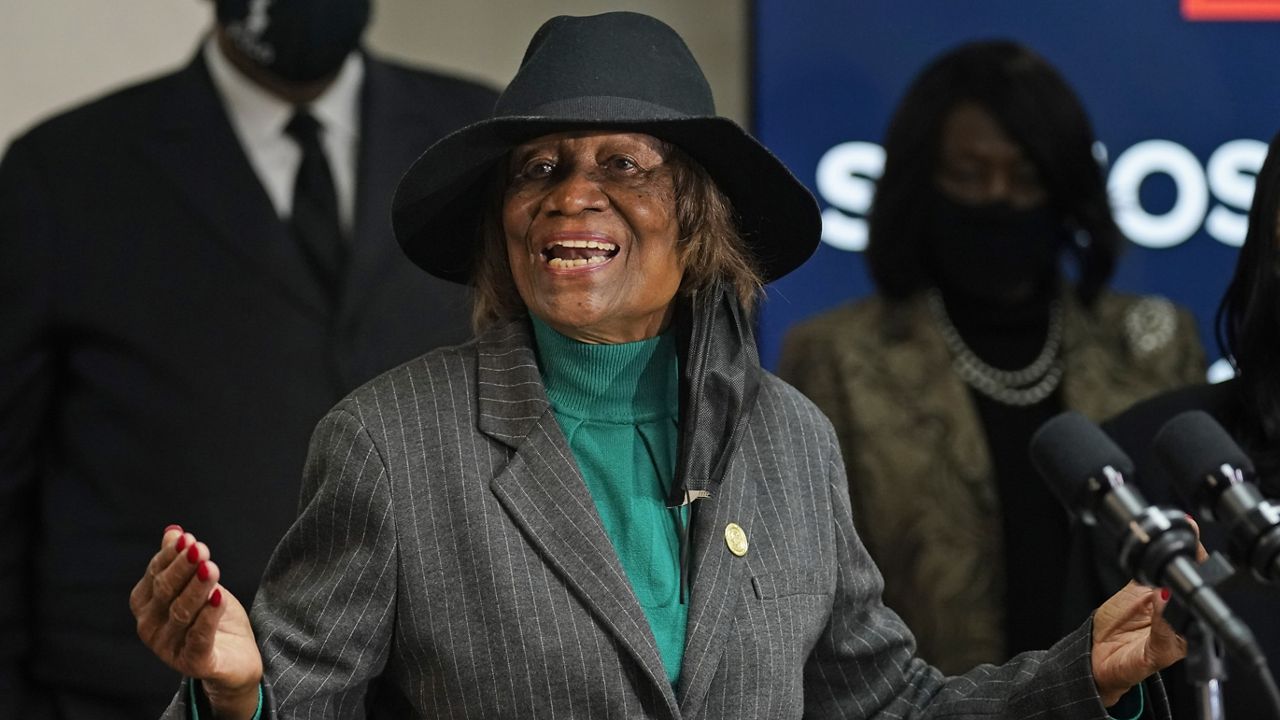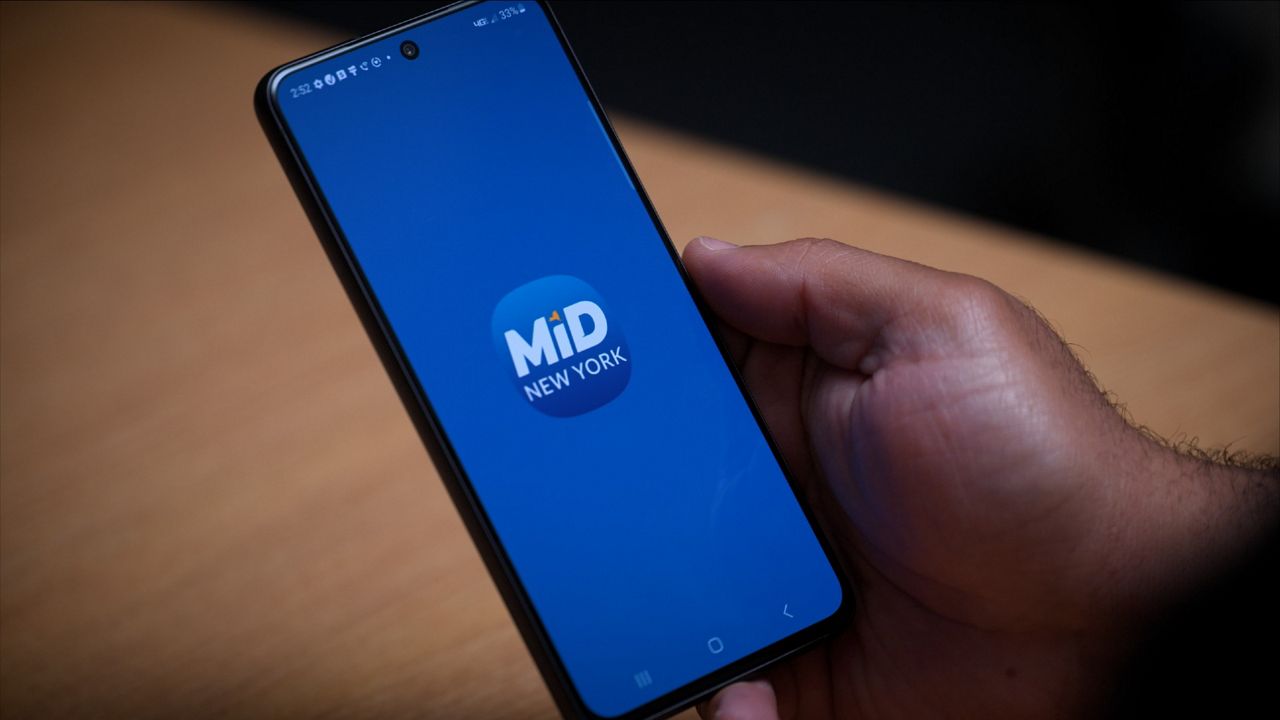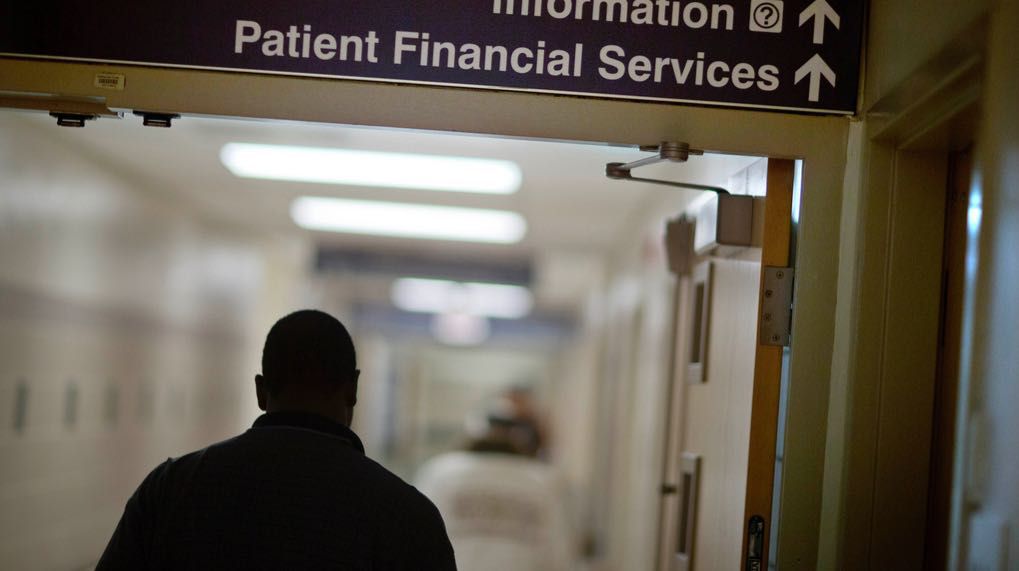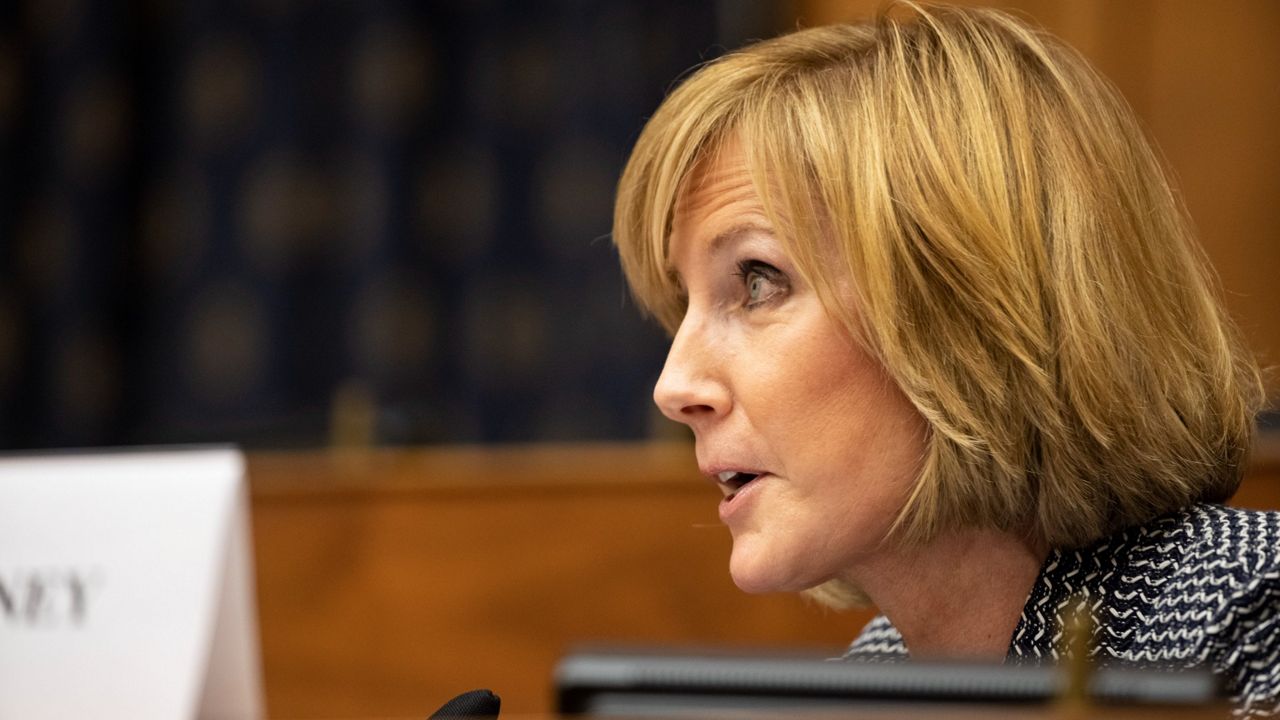An expert advisor on drug use and overdose deaths is urging New York and U.S. states to pass legislation to authorize supervised injection sites, dissuading concerns on the need to wait for clearer federal guidelines.
Members of New York's Assembly Health Committee narrowly advanced legislation this week that would pave the way for the state to license community-based organizations to operate safe injection sites, also known as overdose prevention centers. The centers allow people with substance abuse disorder to use illegal drugs they've previously obtained in front of health staff trained to prevent deaths caused by an overdose.
"We know they reduce overdose deaths," said Brandon Marshall, a professor of epidemiology at Brown University.
The bill, nicknamed the Safer Consumption Services Act, moved to the Assembly Codes Committee — signifying deepening support among Democratic lawmakers who disagree about the issue.
About 6,000 New Yorkers died from an overdose in 2021, according to the state Comptroller's Office.
Overdose prevention sites have existed in parts of Canada and Europe for decades without a single reported overdose death.
Rhode Island was the first U.S. state to pass legislation to authorize state-regulated supervised drug-use facilities. New York would become the second if the legislation passes both houses of the Legislature this session.
New York's Senate included funds for supervised injection sites in its one-house budget after the state Office of Addiction Services and Supports rejected a recommendation from the Opioid Settlement Advisory Board to invest in this type of harm reduction late last year.
Senate Majority Leader Andrea Stewart-Cousins says the state should trust and implement the board members' recommendations.
"So this group wanted to allocate resources to the two existing piloted programs, and we think this group's assessment of what really works in this field should be respected," Stewart-Cousins said last week after the Senate's budget proposal dropped.
But Gov. Kathy Hochul and Assembly Speaker Carl Heastie have stopped short of supporting committing state taxpayer dollars to expand supervised injection centers in New York while more progressive Democratic lawmakers call for an expansion of the harm reduction service.
Hochul and leaders with the state Office of Addiction Services and Supports have cited concerns about the centers violating federal rules and issues with state oversight of a location that permits illicit drug use. The federal government lacks guidance and a specific stance on overdose prevention centers — creating a legally gray area. Several state officials and lawmakers say the divide among Democrats over authorizing the sites stems from concern over potential litigation.
"I disagree with the statement that these are clearly illegal at a federal level," Marshall said Friday.
Marshall, an expert researcher in drug-using populations, the opioid epidemic, supervised injection sites and harm reduction worldwide, is a member of the Rhode Island Governor's Overdose Prevention and Intervention Task Force.
Marshall noted more than a dozen U.S. states would not have legalized recreational marijuana, which remains federally illegal, if this kind of disparity was a concern.
"I would rather characterize it as a lack of guidance from the federal government at this point," he said of states authorizing overdose prevention sites. "And so, in that context, I would encourage states to move forward with overdose prevention centers given the evidence in other countries how effective they are at preventing overdose deaths and improving other health outcomes."
A similar supervised injection center in Philadelphia remains embroiled at the center of an ongoing federal suit.
Hochul said she's keeping a close watch at what happens in Rhode Island when asked about the issue last week.
“As far as a statewide policy, it's something that we are exploring," Hochul told reporters at an unrelated event. "We're looking at our limitations that we have, because we have to follow federal law, and finding out whether that's the best option. And there's a whole panoply of issues that we can look at in terms of trying to drive down the substance abuse in our state as well as the lethal elements of fentanyl, which is the No. 1 reason why we're losing so many young people in particular.”
The Rhode Island Legislature this week voted to extend its state Health Department program that allows community organizations to apply for grant funding to operate an overdose prevention site. The organization would also be required to secure local approval for the site from its corresponding municipality.
"If any community in Rhode Island doesn't want a harm reduction site, one isn't going to be there," according to its Health Department on Friday.
Rhode Island's Health Department has not received an application to run such a site to date.
Rhode Island officials explored the legality of overdose prevention sites with various counsel before passing legislation to develop regulations to expand these centers, officials said.
New York Republicans continue to push back against creating areas for people to use illegal drugs in the state without consequences.
Assembly Minority Leader Will Barclay said state government should not be involved with allowing people to take illicit substances.
He calls it hypocritical of his Democratic colleagues to support a ban on menthol cigarettes, while being open to authorizing these centers.
"I don't think we should just surrender and say, 'People are going to do this,'" Barclay said Friday of people who use drugs. "I think, if anything, we should do more drug prevention programs, more programs to help people who are addicted get off drugs."
New York's program would not be funded until next year's budget at the earliest, providing it passes both houses of the Democratic-led state Legislature this session and the governor signs it into law.
Assemblywoman Anna Kelles, who co-sponsors the measure, argues the centers are a way to save lives and prevent people suffering with substance abuse disorder who would use drugs anyway, from dying by overdose.
"If you create a safe space where they can also get access to social services, they can access doctors, they can access people who want to help them get into treatment, if that is what they're ready for, that's the point," Kelles said. "...We are using an entire system to say we're here for you, we're meeting you, we're not going to let you die. Let's get you housed, let's get you food, let's get you medical care."
The legislation remains in the Senate Health Committee. Last month, Committee chair Sen. Gustavo Rivera requested more information from Hochul's office and leaders in her administration about the federal rules they argue could be violated if the state invests in overdose prevention centers. Rivera's office has not received the information to date.
"The current vision of criminalization and stigmatization does not work — it does not make people healthier, it does not make them not use drugs and it ultimately leads to their deaths," said Rivera, who sponsors the measure in the upper house. "Let's move in a separate direction. Let's create a way for overdose prevention centers to exist in places that want them so that people can live."
Health professionals have used the medicine Naloxone to reverse nearly 1,000 overdoses at the state's two overdose prevention centers in New York City since they opened last year. The supervised injection sites in New York City are privately owned and operated without a state license or other oversight.









